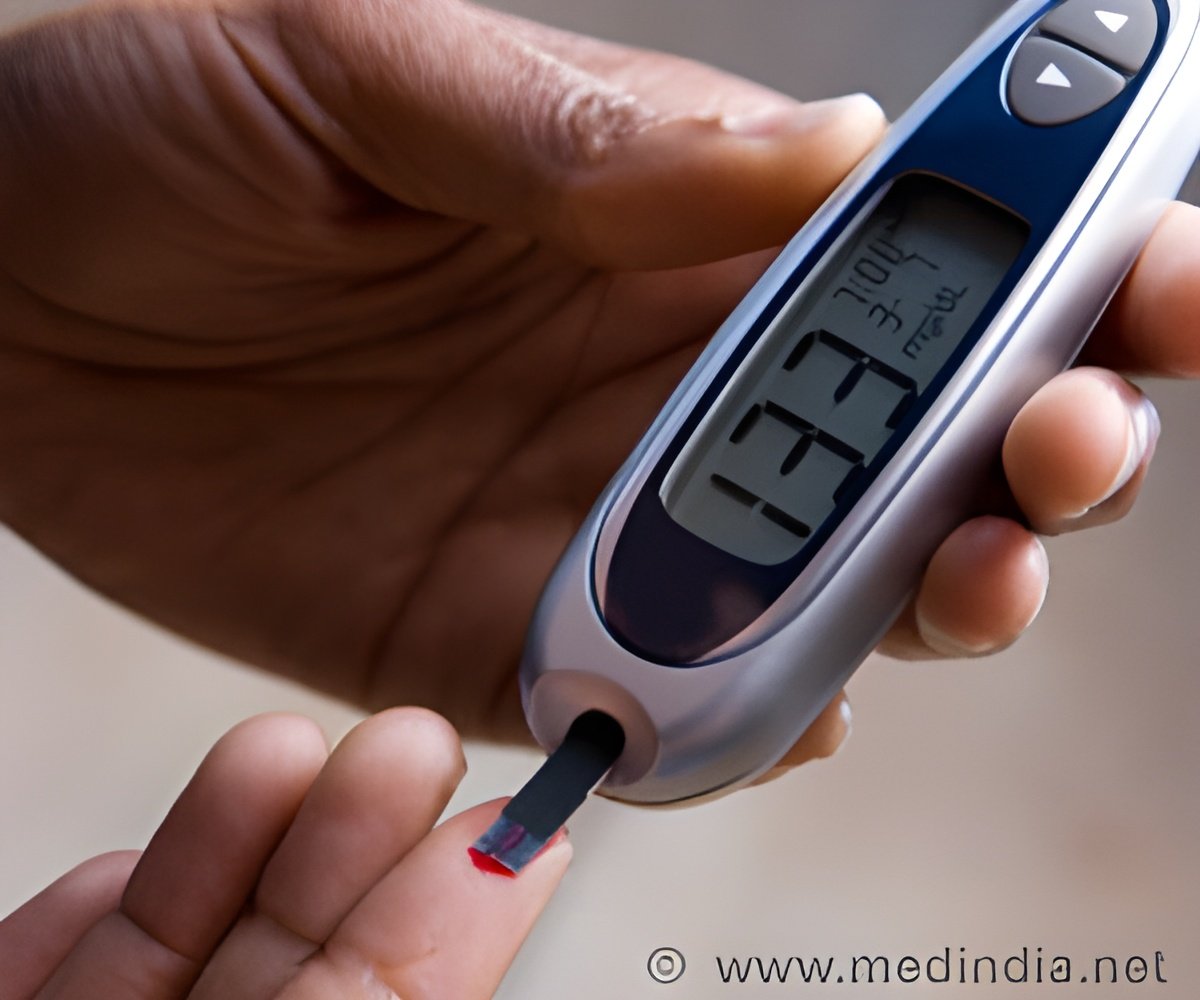A recent UK study has revealed that screening for type 2 diabetes has no significant change in the mortality rates.

The screening benefits of diabetes type 2 are yet to be determined.
Dr. Rebecca K. Simmons et al conducted a population-based study to determine the effect of stepwise screening for diabetes type 2 on mortality. The study was published in The Lancet, 2012.
The scientists carried out a randomized trial and enrolled 33 general medical practices in East England in three groups- a control group with no screening, second with screening followed by routine care and third with screening followed by intensive diabetes care.
The study involved 20184 patients aged between 40 and 69 years and with high risk of diabetes.
The researchers tracked the rate of mortality over an average period of 9.6 years.
Dr. SImmon Griffin of the MRC Epidemiology Unit at Addenbrooke’s Hospital in Cambridge, UK, said, “It seems that the benefits of screening might be smaller than expected and restricted to individuals with detectable disease. However, benefits to the population could be increased by including the detection and management of cardiovascular risk factors alongside the assessment of diabetes risk, performing repeated rounds of screening, and improving strategies to maximise the uptake of screening.”
The researchers believed that nations with high occurrence of undiagnosed diabetes and poor quality of life might experience better benefits from screening of diabetes.
Rury Holman, FRCP, the Director of the Diabetes Trials Unit and Professor of Diabetic Medicine at Oxford University, United Kingdom mentioned, "The question they were asking in this study was if you take the trouble and expense to find people and declare they are at risk of diabetes and test, and then the community — the healthcare system — presumably treats them, you think they would do better. But in the time scale of this study, that wasn't the case. It doesn't mean that you couldn't find them and put them in a special program, but if you put them into the normal health care system with an earlier label of diabetes than they would otherwise have, it doesn't bring any clinical advantages. [The study] says that the incremental benefit of finding people a few years earlier is quite small."
The researchers highlighted that diabetes type 2 screening was not related with decrease in cardiovascular or diabetes-linked mortality within 10 years. Screening benefits can be less than expected and can vary from person to person.
Reference:
Screening for type 2 diabetes and population mortality over 10 years (ADDITION-Cambridge): a cluster-randomised controlled trial; Rebecca Simmons et al; The Lancet 2012
Source-Medindia















